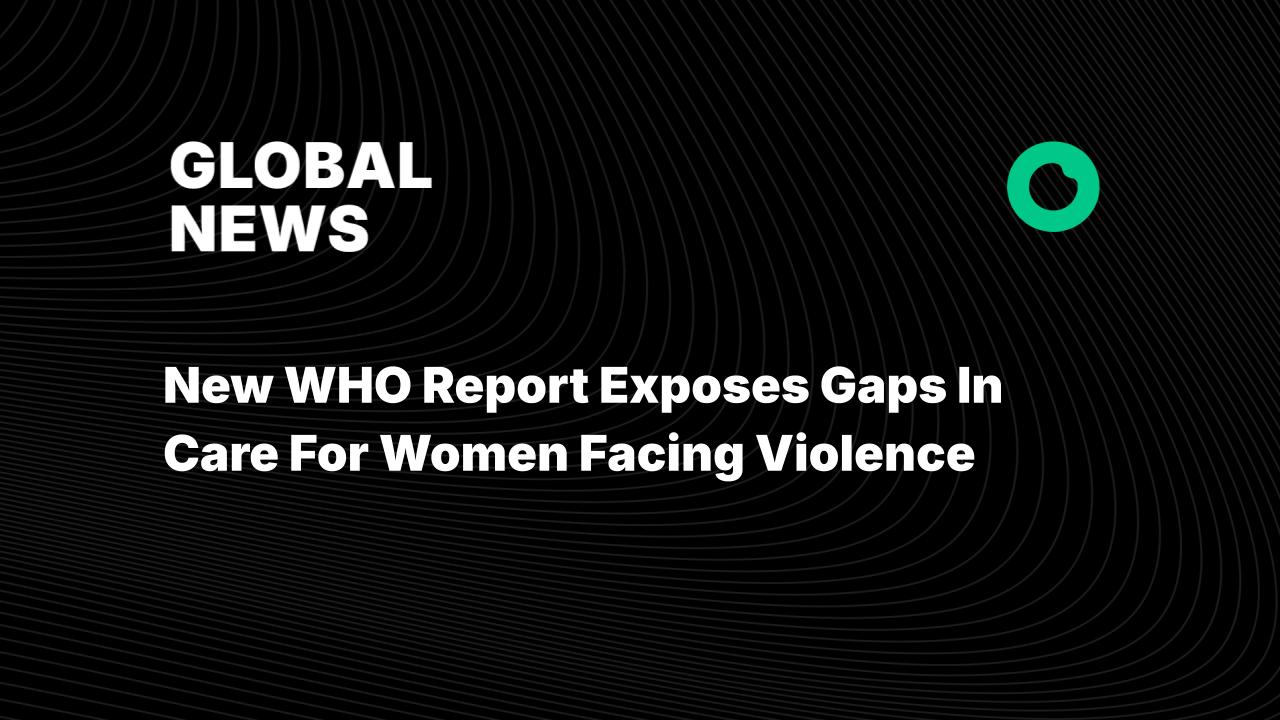According to a report posted on the official WHO website, a new WHO/Europe analysis warns that health systems across the Region are still failing many survivors of gender-based violence, leaving nearly 1 in 3 women and girls without the essential health services they need. Launched in Madrid at an event hosted by Spain’s Ministry of Health, the report “Care, courage, change: health sector leadership in ending violence against women and girls” estimates that 28.6% of women and girls aged 15 and older in the WHO European Region will experience physical and/or sexual violence in their lifetime, yet most countries have not fully implemented the package of care recommended by WHO.
The report highlights major policy gaps in critical services that should be available immediately after sexual assault or intimate partner violence. Out of 53 Member States, only a small minority ensure access to safe abortion, emergency contraception, HIV post-exposure prophylaxis, prophylaxis for other sexually transmitted infections, and comprehensive mental health assessment and referral for survivors.

Nearly one third of countries still oblige health workers to report domestic or intimate partner violence to the police without the consent of adult survivors – a practice WHO strongly discourages because it undermines confidentiality, autonomy and trust, and can discourage women from seeking help. At the same time, there are signs of progress: three quarters of countries have policies supporting training of health professionals on violence against women and girls, and more than two thirds now include basic, compassionate first-line support in their health response.
WHO/Europe is urging governments to act quickly on three fronts: to formally require the full WHO-recommended package of services in national health policies (especially time-sensitive post-rape care), to remove legal and policy barriers such as blanket mandatory reporting, and to invest in putting these commitments into practice so that all countries can offer comprehensive support. The report, which reviews 241 policies across all 53 Member States, positions the health sector as a crucial part of wider, multisectoral efforts to prevent and respond to violence against women and girls, and calls for political courage so that every survivor is met with safe, respectful and life-saving care.


